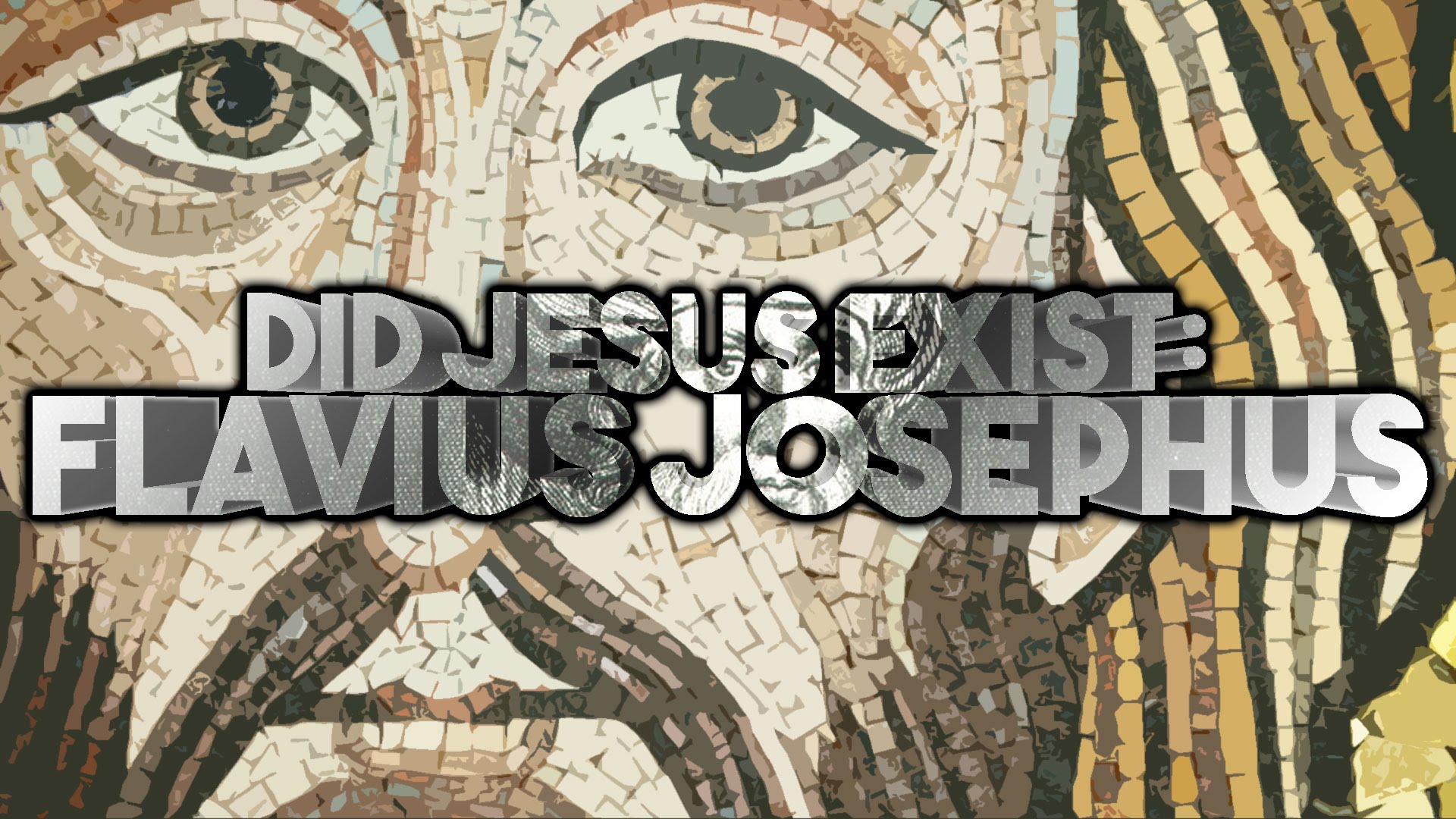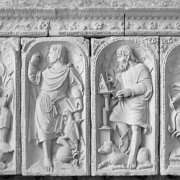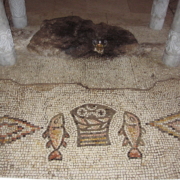
One of the greatest non-Christian historical references to Jesus was made by Josephus, the great Jewish historian. He lived in the first century (c. 37-100 AD), and was a contemporary of many members of the nascent Church.
There are two mentions of Jesus in Josephus’ great work entitled “Jewish Antiquities”. One refers to the condemnation of James, the relative of Jesus who became the Bishop of Jerusalem after Peter’s departure from the city: James was “the brother of Jesus, the so-called Christ”, according to Josephus (Ant. 20.9.1). Few question the authenticity of this passage.
Of course, there is the famous “Testimonium Flavianum” (so named because Josephus took on the Roman name of “Flavius”, being known as “Flavius Josephus):
“About this time there lived Jesus, a wise man, if indeed one ought to call him a man. For he . . . wrought surprising feats. . . . He was the Christ. When Pilate . . .condemned him to be crucified, those who had . . . come to love him did not give up their affection for him. On the third day he appeared . . . restored to life. . . . And the tribe of Christians . . . has . . . not disappeared” (Ant. 18.3.3).
Scholars believe that Josephus did write this passage, but that it was later edited by Christian interpolators, who added the phrases like “if indeed one ought to call him a man”, “He was the Christ”, and “On the third day he appeared…restored to life”. Josephus was not a believer in Jesus, and certainly would not have written those things.
However, the bulk of what he wrote can be trusted as authentic. This is made even more sure by the fact that an Arabic version of Josephus’ “Antiquities” has been discovered, where the passage in question is present, minus the interpolations.
Josephus corroborates much of what we know from the New Testament’s portrait of Jesus: that he claimed to be the Messiah, was a wise man who was thought to have performed “surprising feats” (miraculous deeds), and that his followers continued to be his disciples in a movement that continued despite his death.



